WorkAway – International Youth Hostel in Kyoto, Japan
In April 2016, I volunteered for a month in an international youth hostel in Kyoto, Japan. It was my third volunteering experience, the second through workaway, and I absolutely loved it! I saved $800 in accommodations, made new friends and enjoyed a totally new way of travelling. In a densely populated country like Japan, travelling from town to town is quick, but expensive. The JR train system is fantastic and puts dozens of small towns within reach via a couple hours by train from major cities like Tokyo or Osaka. There really isn’t a need to overnight in a town, just stay in a general area and be eager enough to get up for the first train of the day.
While wrapping up my stay backpacking South East Asia. I sent out email after email through Workaway to Hostels in Japan. Just when I thought I wouldn’t get a spot, I got a message from Bryce, a fellow Canadian working as a hostel manager in Kyoto, Japan. He had someone cancel and needed a new volunteer. I flew into Osaka April 11th and headed straight for my new temporary home: Peace House Sakura Hostel.
What is WorkAway?
My experience volunteering in Japan was so much fun! To think, I had no idea I would be volunteering anywhere when I left Canada in the new year, let alone in three different countries. I’m really fortunate to have heard of Workaway and Wwoofing while on my very first backpacking trip. It really diversified my travel experience. So if you’ve never heard of WorkAway.info, let me explain how it works!
Workaway.info is simply a platform for volunteers to connect with Hosts around the world. You sign up, pay the $29.00 USD charge and start looking for a place to volunteer in the near future. Volunteers get free accommodations for the length of their stay, plus food depending on the hours worked. Volunteers typically work a minimum of 20 hours per week. Since you don’t get paid money, there is no visa required.
Yes, you pay to sign up on this platform… but do it! in Japan, a hostel bunk is 2,600 yen ($20 USD) per night. Two nights and you made your money back! I volunteered for 25 days, saving 2,600 yen X 25 = 65,000 Yen. ($800 CDN or $550 USD at the time). I’m not including savings from bike rentals, being able to cook my own meals or the free stuff I got all the time. Had I been traveling in Japan for a full month I would have expected to spend $1500-$2000 for 30 days. But through Workaway, I spent just over $800 CAD. It cut the cost of my month in Japan in half and I enjoyed a totally different experience from my first three months traveling.
Workaway does three things for you:
- It provides listings of hosts to browse. 25,800 in 155 countries are registered with the website.
- Both the hosts and volunteers get profiles. The reviews left by other volunteers allows you to filter the good hosts from the bad, ensuring you get the best experience possible. This goes both ways as hosts leave feedback on volunteers which can help or hinder you when trying to volunteer again. Good volunteers get good feedback, and good hosts typically get the prime choice of volunteers.
- The website outlines a set of safety guidelines for both the volunteer and the host. This helps manage expectations: Volunteers must be provided with basic accommodations in exchange for 20 hours per week of work, and then food for additional hours worked.
What kind of work can I find?
The amazing thing about workaway is that you can find almost anything to do, anywhere! From help farming, ranching, working a horse stable, to construction, dog sitting, art & crafts, having conversation in English in a cafe, hostel work, you name it! The only real restriction is your knowledge and skill set. Many people invite volunteers to help them teach English to their children, so the language is a requirement. However, most things don’t require any skills, just an eager participant. Note: It’s not always glorious work and the experiences will vary considerably from staying with a family to working an established hostel or resort with a group of volunteers. But for those of you who love to meet others, It’s a wonderful experience.
What are the benefits to the host?
For an enterprise like a hostel, hosting is an amazing business opportunity. Filling empty bunks with volunteers doesn’t cost them money unless the hostel is at capacity. Then it costs whatever the going rate for a bunk is at the hostel. But hostels are rarely at full capacity, so they save the actual costs of labor for cleaning crews and front desk clerks, minus that of the paid supervisor. They need clerks and cleaning crew whether there are 4 or 40 guests checked in.
Plus in a country like Japan where English isn’t well spoken, having international travelers as workers makes communication super easy. Yes, this is taking jobs away from locals, but often not great jobs or high paying ones. Towards the end of my stay, I was able to offer a lot of advice on what sights are good to see, what cool events are going on, and how to get around the city. I took an interest in the the guests because I too was a traveler and this wasn’t just my job, but a short experience in a much larger journey.
What are the benefits to the Volunteer?
For the volunteer, beside the huge cost savings on accommodation, you get the chance to live there! Sounds silly, but a month is long enough to start settling into day to day life which I never did hopping from one town to the next backpacking. Staying in one place allowed me to appreciate where I was and discover little local gems like this greasy spoon Ramen joint below. It obviously helped that I was based in the imperial ancient capital of Japan, a huge tourist city with lots to see everyday.
Beyond that, I had real coworkers with whom I lived with in a tiny staff room! They were other young travelers from different countries. At one point there were at least 6 of us crammed in a room for four people, although this wasn’t the norm. We ate, drank and went out for karaoke together! Often we sang all night, despite morning cleaning shifts the next day… Soju, never again.
The hostel I stayed at had a full kitchen and a small foyer for everyone, staff & guests, to cook, eat and relax after a long day exploring the city. According to Bryce, my manager, our month was by far one of the most jovial bunch of volunteers and guests. That social time of spending our evening at the ridiculously tiny table laughing and joking was my favorite part of the entire experience. There were always people around, eating, drinking or doing various activities like making Origami Cranes.
What did I do for work during the month??
At Peace House Sakura Hostel the volunteers rotated between two different shifts: Check In in the evening from 6-10 pm and Cleaning Duty from 10 am to 2 pm. We all preferred check in…
Cleaning Duty
Started early in the morning and involved what you’d expect: Cleaning, and lots of it. We had two people on per shift and often split between rooms and ‘the rest’. Room Duty involved tearing off the used and putting on fresh sheets and pillow cases, then vacuuming and spraying down the guests room. Sounds easy right? Well there are 40 beds and it must be done neatly. ‘The rest’ was essentially bathroom duty and tidying up the foyer/kitchen area: Hand scrubbing showers, wiping down counters, mirrors and toilets, emptying trash bins, unclogging the drains (worst part), taking out the trash, vacuuming the floor, replacing shower mats and hand towels etc… At the end of every shift we had to put the laundry on the roof or folding laundry, no matter what there was always laundry to do.
Check In Duty
Mainly involved being the DJ of the foyer in charge of background music and taking requests. Occasional interruptions by arriving guests initiated the tour of the hostel and outlining of the amenities. We helped guests bring in their luggage, process payments (cash or visa) and showed them to their room/bunk. Guests were always encouraged to socialize with us in the foyer and to join in on our daily shenanigans. We were also in charge of allocating the bike rentals for the following day since they were in high demand.
Living in the hostel meant we were always sort of on duty; helping guests plan their day’s itinerary, offer suggestions or deal with problems that arise. So most volunteers would go out on their time off.
The rest is your time off
Volunteering meant 20 hours a week confined to the hostel. It’s a large chunk but not unmanageable. Our manager, Bryce, would schedule us so we could have two consecutive days off to travel between shifts. This meant one four hour shift, five days a week.
Evening shift was the best as it started so late, I could go out early in the morning to see some of Kyoto’s amazing temples like Kiyomizu-dera (清水寺) Temple right down the street. We could take out one of the rental bikes (free) and ride around town all day. Kyoto isn’t built high, but rather outwards and therefore has a huge footprint in the valley of the surrounding mountains. An hour and a half bike ride each way to Arashiyama or Fushimi-Ku was hardly very far geographically but ate up a lot of time. However, it was worth it to bike around, letting me stop and explore some of the off streets, small local stores and get lost which is always fun assuming you have time for it.
On cleaning days, I would wake up early and head up onto the rooftop to overlook the city and start my morning yoga routine with Yuki, our local supervisor. Then we’d go straight downstairs feeling great for morning breakfast and coffee! Yum!
- Sharing Meals
- A Good Yoga Spot
- Evin & Ellie Givin’er
- Felix & Shants rocking it!
- Stroll along the river’s edge
- Making my own breakfast
My favorite thing to do on my down time was to walk along the Kame-gawa (River) that ran North to South through the middle of the city. There are little grass patches along the edge that were perfect for doing my morning yoga routine, despite the confused or amused glances from locals. After a couple weeks, it started to feel like home, a fun daily routine in the city I was coming to know and love.
How do I sign up?
Go to this link for WorkAway.info and sign up, make a profile. Do it for when you intend of travelling as the fee covers you for a year.
For WWOOFING, you’ll need to select a target country first and register with the appropriate organisation in the location. Click here for a guide.
Thanks for reading, I wish you good luck with your travels, Tally on!
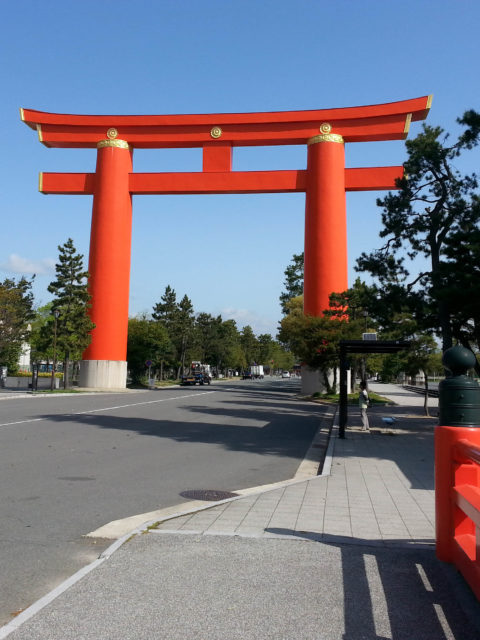
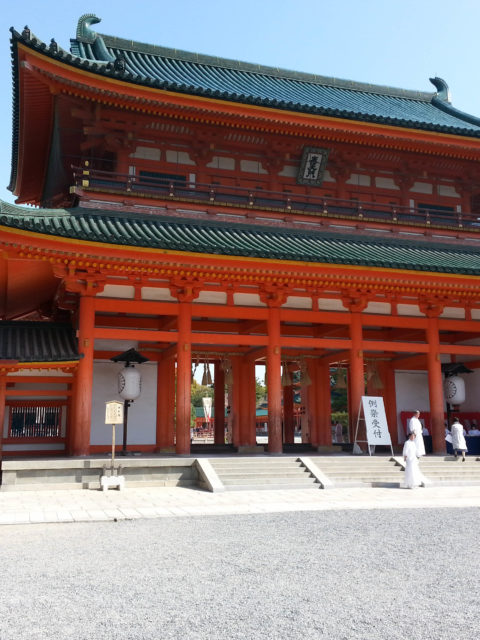
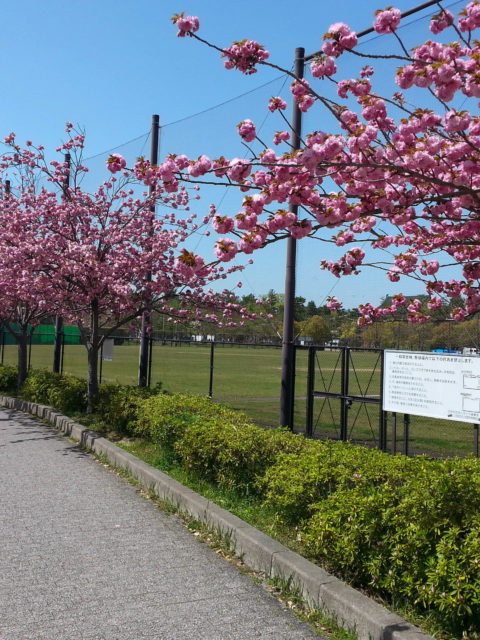
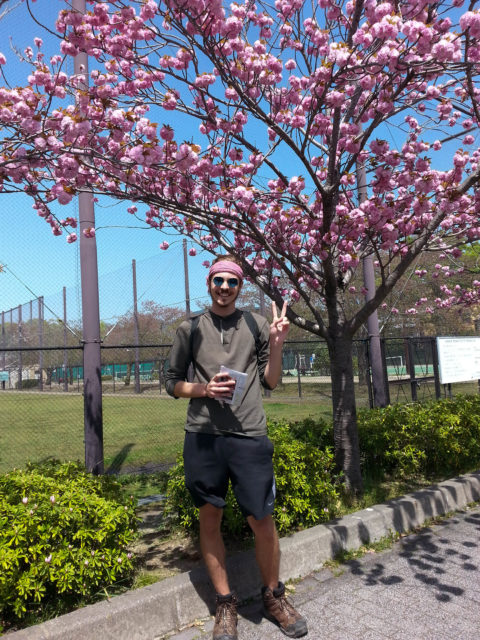
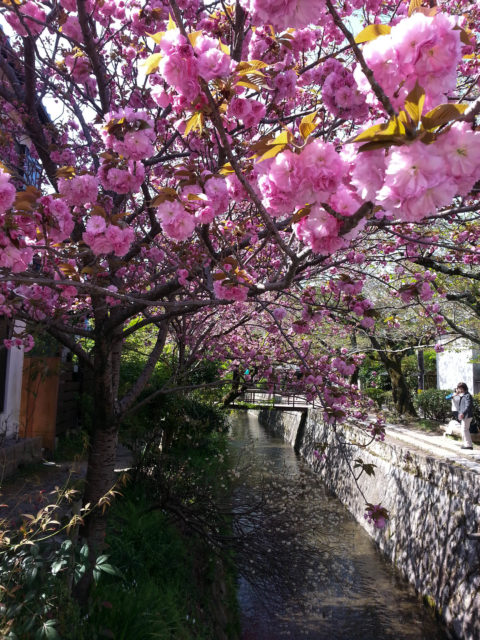
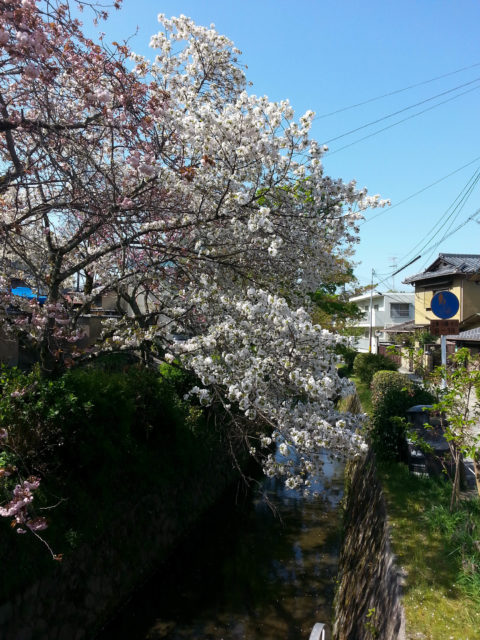
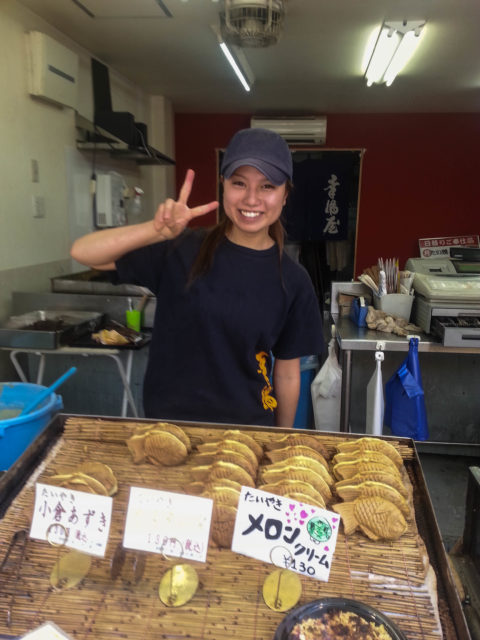
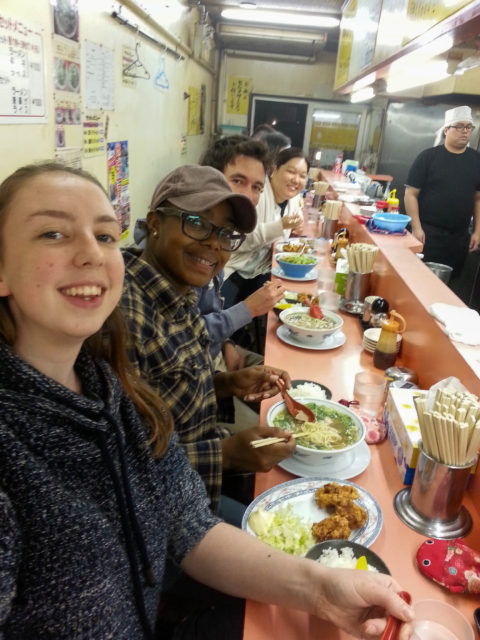
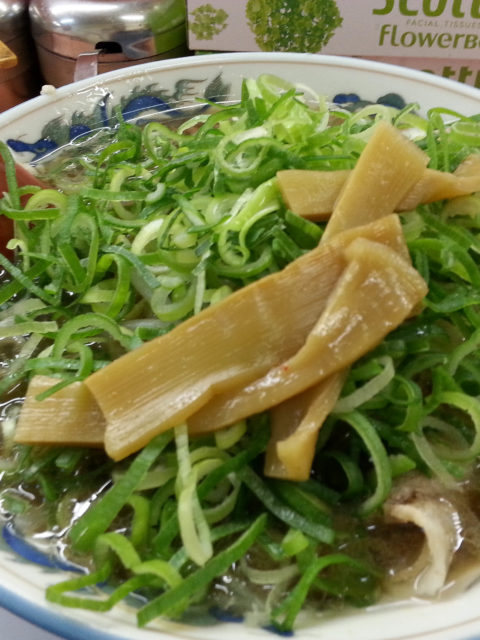
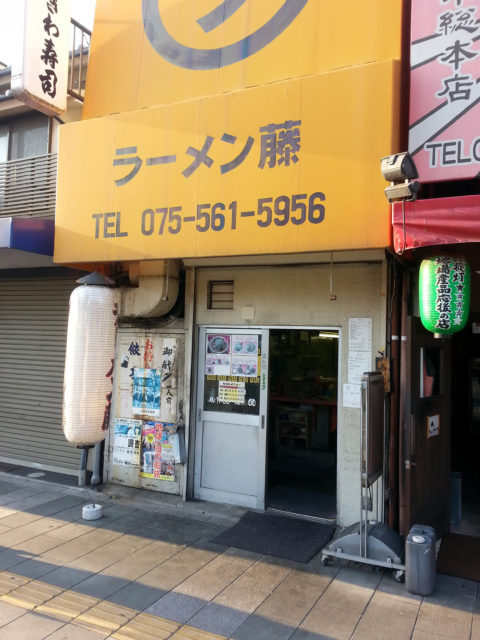
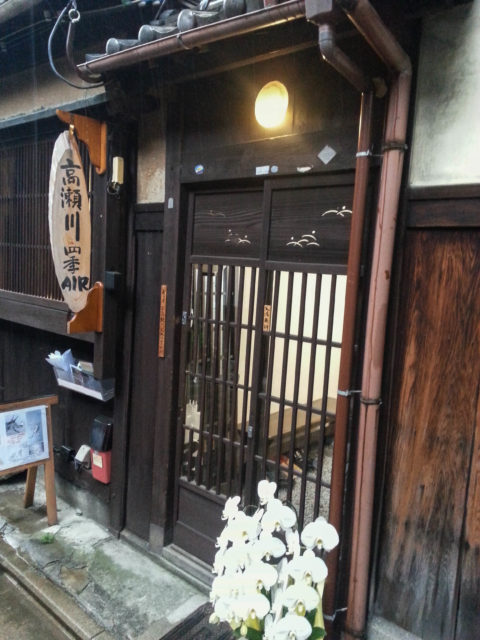
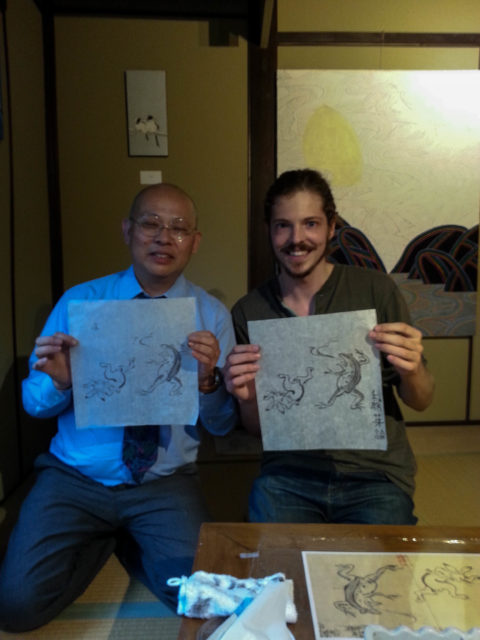
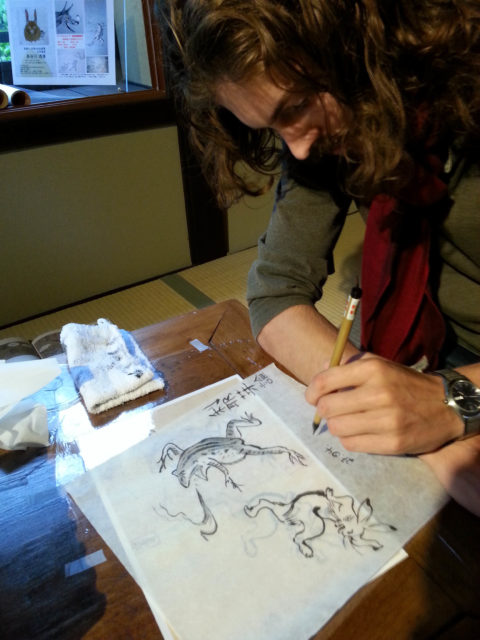
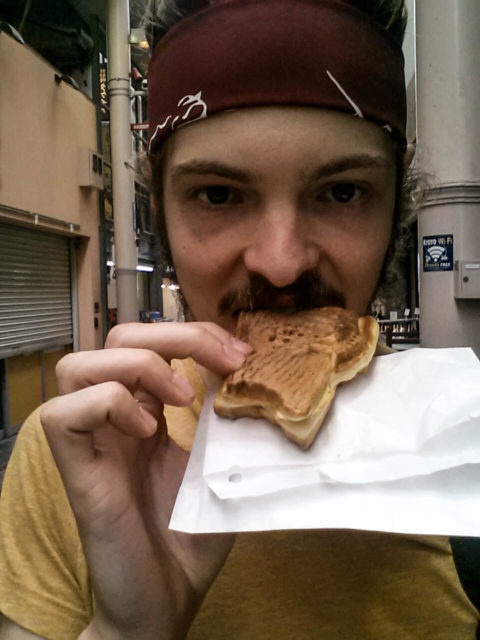
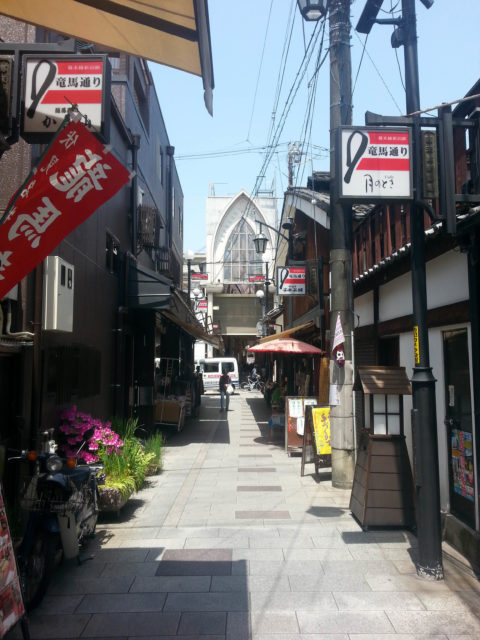
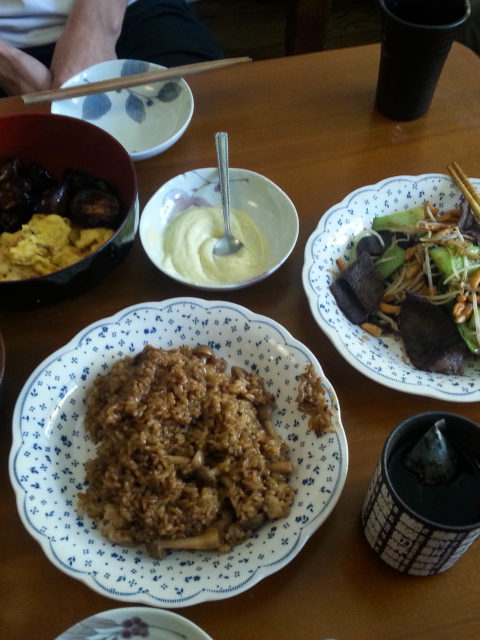



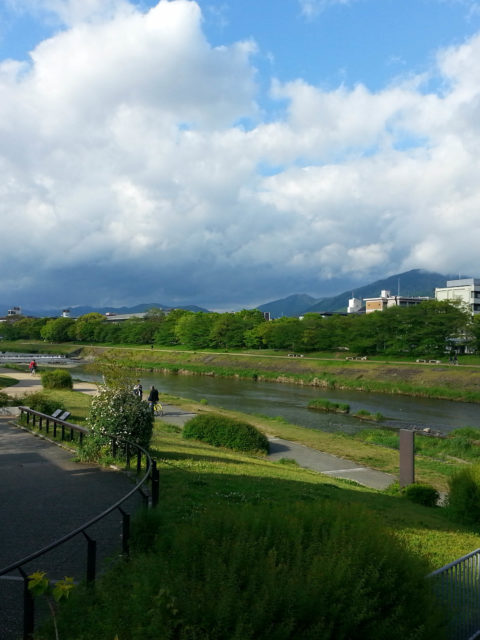




0 Comments